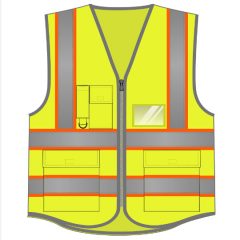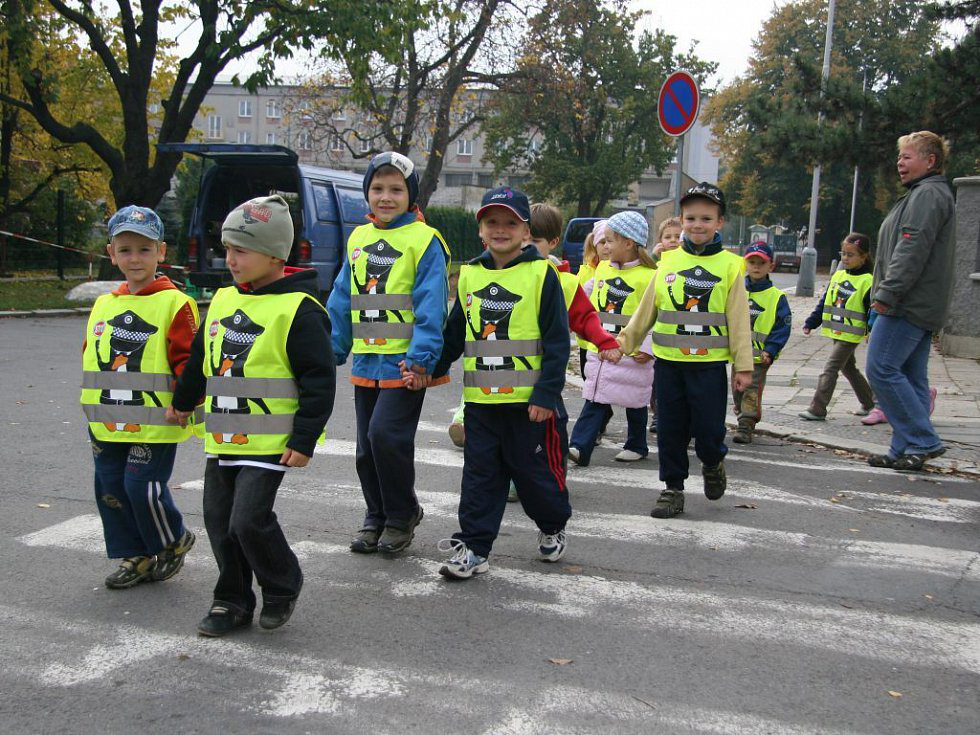In 2009, 37 pedestrians died at night, some of them also because they were not visible. Prague children learn to wear reflective elements.
Maybe not much was missing, and Jan Vasa, ten, could also be the victim of the accident. As he recalls, more than a year ago, he almost hit a vehicle.
“Fortunately, nothing happened in the end,” says the boy from Újezd nad Lesy, who won the photographic competition We Want to Be Seen on Friday.
The task was to promote the use of reflective tapes on clothing. In 2009 alone, 127 people were killed in the Czech Republic in poor visibility, 480 were seriously injured and 3537 were slightly injured.
Parts of them may not have happened if these people were visible. In Prague, for example, all first-graders get reflective vests – and so do
they are a common standard in kindergartens. But with increasing age, the use of reflective elements is rapidly decreasing.
Anyone can have a small supplement
“Today it is fashionable to walk a lot in black, gray and other colors that are not very visible. Yet it can ‘be seen’ to save lives in confusing places. Some small accessory will not hurt anyone,” said Jarmila Johnová from the Prague Mother Association. This together with the association Oživení and the Partnership Foundation organized the competition.
Many Prague schools took part in the event, besides Újezd from Kunratice or Slivenec.
“Children were tasked to photograph themselves, their classmates, teacher or family member posing or walking, riding a bicycle, skating or scooter. The condition was that each contest participant should have a reflective accessory in a visible place,” explained Petra Lukešova.
“We hope that the campaign will help make reflective materials on clothing, handbags or backpacks a matter of course, not only for children but also for adults, as is the case in many other European countries, such as Sweden or the Netherlands,” John concluded.
Sweden wants to have such a safe operation that by 2020 no one should die in operation.

